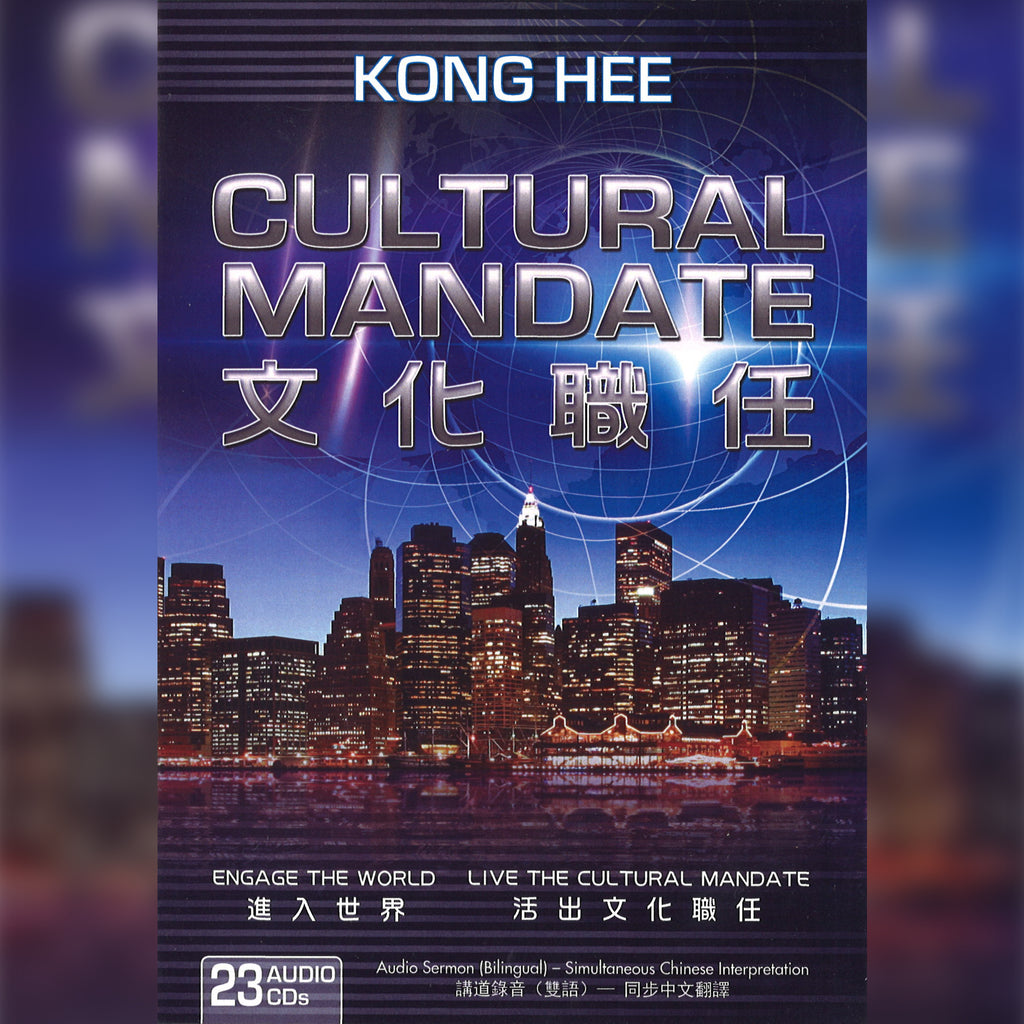When God created man and put him in the Garden of Eden, He gave him the responsibility "to tend and keep it" (Gen. 2:15). In Latin, that is the word cultura from which the English word "culture" is derived from. Long before the Great Commandment and the Great Commission were given, the man was entrusted with the Cultural Mandate - to create and do culture in the world God had placed him in.
But doing culture involves engaging a fallen world with its sins, immorality, greed, and drunkenness. How can one do that without getting contaminated? Aren't we supposed to be separated from the world? Yet, Jesus was known to be a friend of sinners, prostitutes, tax collectors, and drunkards. How was He able to do that without losing His consecration>
Eminent theologian John Stott calls this the "Great Paradox of Holiness"; the God who sets us apart also tells us to go into a sinful and fallen world. Stott says that every church and every Christian must know how to walk in "holy worldliness" - a worldliness that is not unholy, and a holiness that is not unworldly. Holy unworldliness is the intentional living of the life of God in a broken-down world, amidst a fallen people.
Engaging culture will invariably involve the Marketplace of society, especially the realm of Pop Culture. As Christians, how should we handle music, movies, novels, fashion, sports, arts, and entertainment? To what extent are we allowed to enjoy them, or should we only consume sanitized versions? Are innocence and naivety a Christian virtue to preserve purity?
This series is so revolutionary that Dr. Phil Pringle of Australia calls Kong Hee "the Martin Luther of the 21st Century" for his audacity to teach and practice it in the ministry.
Language: English/Chinese
Released: 2009
Speaker: Kong Hee




